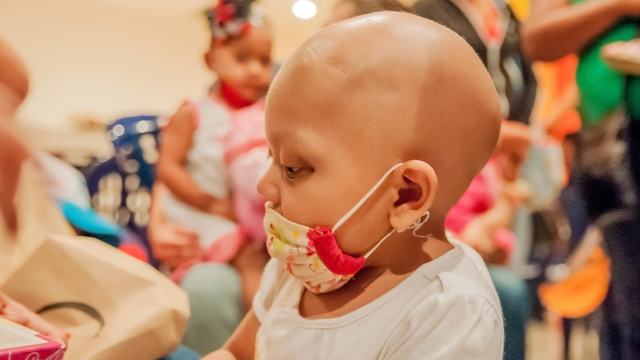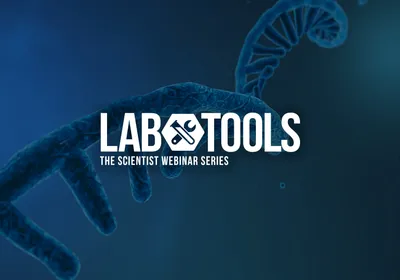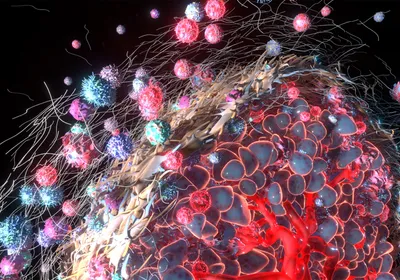 THE PHOTOGRAPHER, WIKIMEDIA
THE PHOTOGRAPHER, WIKIMEDIA
Children with non-chromosomal birth defects, such as congenital heart malformations or nervous system disorders, are more than twice as likely to end up with childhood cancer as kids without a birth defect, according to a study presented today (April 15) at the annual meeting of the American Association for Cancer Research (AACR) in Chicago.
Approximately 3 percent of children born in the United States have a birth defect, either due to chromosomal anomalies, single-gene syndromes, or another cause. The majority—86.5 percent—are the latter. While previous studies have looked at the connections between specific defects and the risk of any cancer, or specific cancers and birth defects generally, “what’s missing [are] good, population-based estimates of the risk of specific cancers and associations with specific birth defects,” ...






















